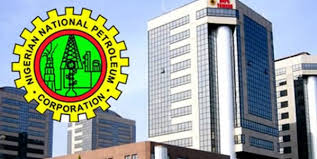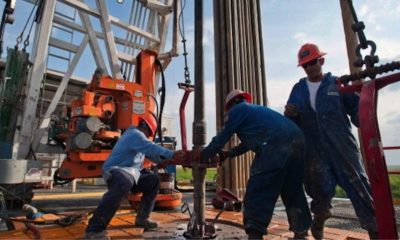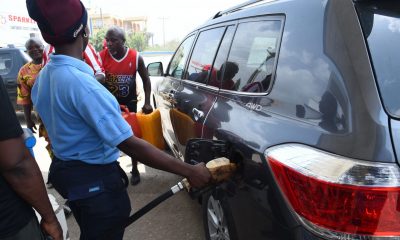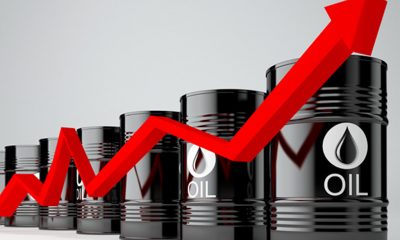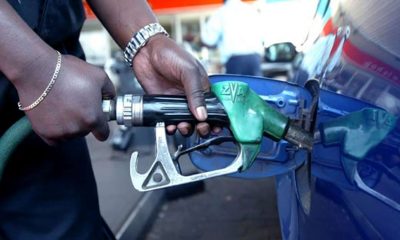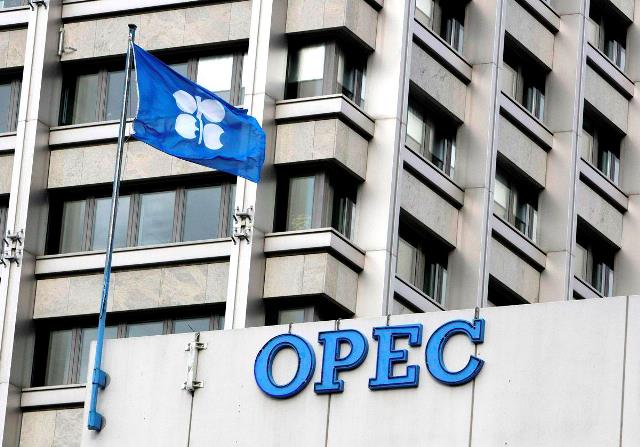Rising cost of crude oil in the international market and its impact on the price of Premium Motor Spirit (PMS) has continued to take its toll on the finances of the country, as the Nigerian National Petroleum Corporation (NNPC) recorded under recoveries of N89.76 billion between January and July 2017.
The NNPC, in its July 2017 Monthly Financial and Operations Report, revealed that the under-recovery appreciated by 12.96 per cent from N79.46 billion recorded between January and June 2017.
Giving a breakdown of the figures, the report stated that in January, the NNPC recorded under recovery of N37.26 billion; February’s under recovery stood at N6.3 billion; it rose to N8.207 billion in March; while for April, May, June and July 2017, the NNPC recorded under recovery of N8.207 billion, N7.7 billion, N11.8 billion and N10.25 billion respectively.
Under-recovery in the downstream petroleum sector is when the expected open market price of PMS, which comprises the cost of importation and distribution of the commodity, such as marketers’ margins, landing cost and freight cost, is below the approved official retail price at the pump.
The recognition of under recovery in the finances of the NNPC is responsible for the steady price of petrol across the country, at between N143 and N145 per litre, as the corporation is currently absorbing the differences between the increase in the commodity and the official market price.
ALSO SEE: FG tasks youths on national development
Minister of State for Petroleum Resources, Mr. Ibe Kachikwu, had a few months back raised an alarm that the price of Premium Motor Spirit, PMS, was rising above the current pump price, but that there might not be an upward price review because the Nigerian National Petroleum Corporation, NNPC, is currently absorbing the differences in the prices.
Kachikwu stated that due to the rising cost of PMS, also known as petrol, a number of oil marketers had stopped importing the commodity, leaving the NNPC as the major importer of majority of the product into the country.
He said, “When we did all these, pricing for crude was more in the $25 to $30 per barrel; today, it is in excess of $54, which is fantastic because it means that our revenue stream is improving. But, it is a twin window, whenever the price of crude goes up, obviously the price of refined petrol goes up and we begin to have systemic challenge in terms of the pricing on the local base.
“That gap has begun to return and today what you find is that the NNPC continues to import massively on behalf of the Federal Government. It has gone back to about 90-95 per cent for the whole country and therefore its books are absorbing some of the cost implications of this.”

 Football1 week ago
Football1 week ago
 Health & Fitness2 days ago
Health & Fitness2 days ago
 Comments and Issues1 week ago
Comments and Issues1 week ago
 Featured6 days ago
Featured6 days ago
 Education7 days ago
Education7 days ago
 Business7 days ago
Business7 days ago
 Business6 days ago
Business6 days ago
 Crime7 days ago
Crime7 days ago
